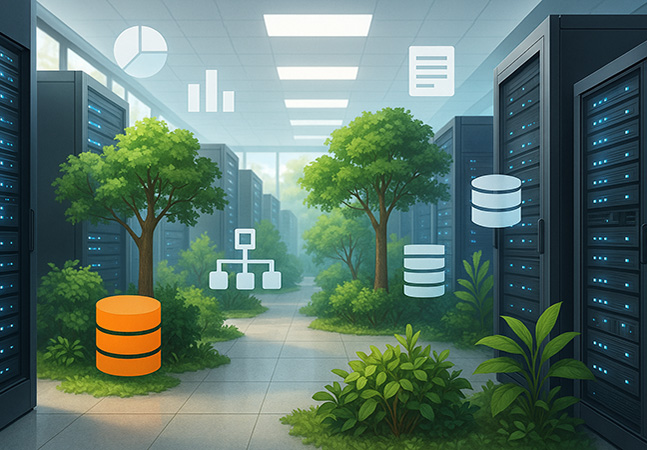
In a lively and insight-packed session at the "How To Take Unstructured Data from Chaos to Clarity" Summit today, data expert Karen Lopez outlined a 7-step roadmap to help IT pros wrangle unstructured data. From finding hidden files to automating classification, she offered practical strategies for turning chaotic content into manageable, secure, and valuable assets.
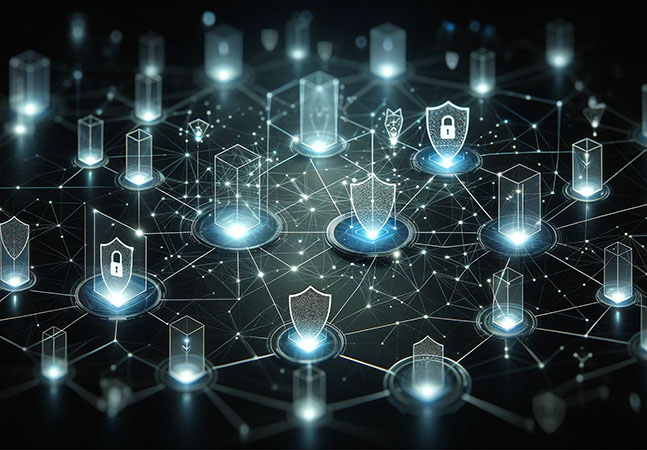
New research from Backslash Security uncovers critical "NeighborJack" and OS injection vulnerabilities in hundreds of public Model Context Protocol (MCP) servers, exposing private user data and host machine control.

The cloud is seen as a natural fit for compute-intensive analytics of all kinds -- including security -- but a new analyst report on that space sees Microsoft as the sole cloud giant mentioned among the leaders.

Cybersecurity expert Ian Thornton-Trump warns IT pros that cloud security begins with knowing what you’re doing. From Scattered Spider to S3 ransomware, this expert-led session breaks down today’s top cloud threats -- and the best-practice defenses you may be missing.
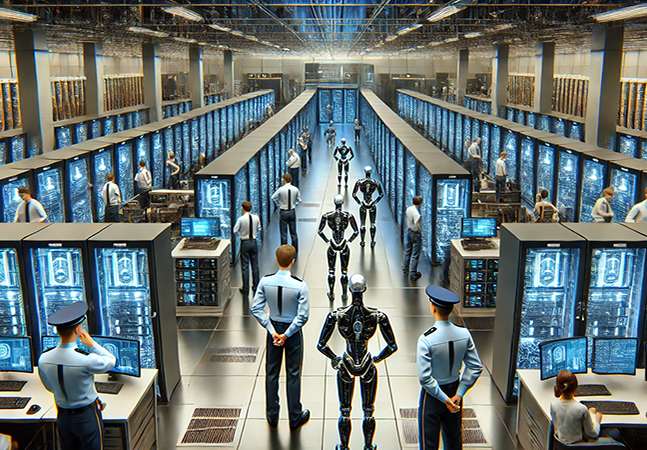
Allan Liska, widely known as the "Ransomware Sommelier," explains how AI, when integrated across the secure software development lifecycle, transforms app security from reactive to radically proactive.
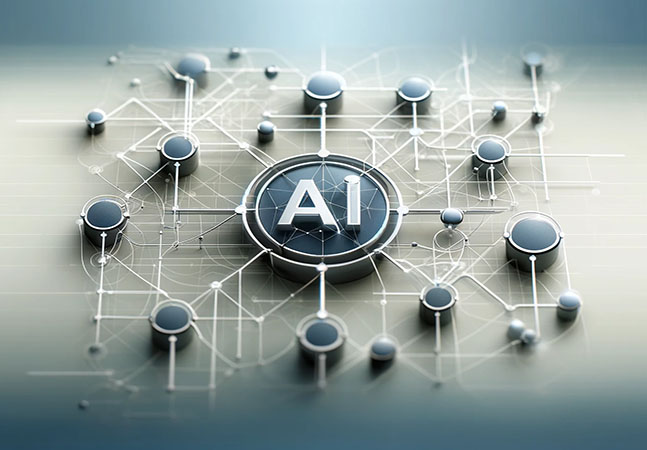
A new report from cloud security firm Wiz finds that while 87% of organizations are already using AI in the cloud, only 13% have adopted AI-specific security controls. The survey of 100 cloud architects and engineers highlights major gaps in visibility, governance, and expertise -- especially around shadow AI and hybrid environments.
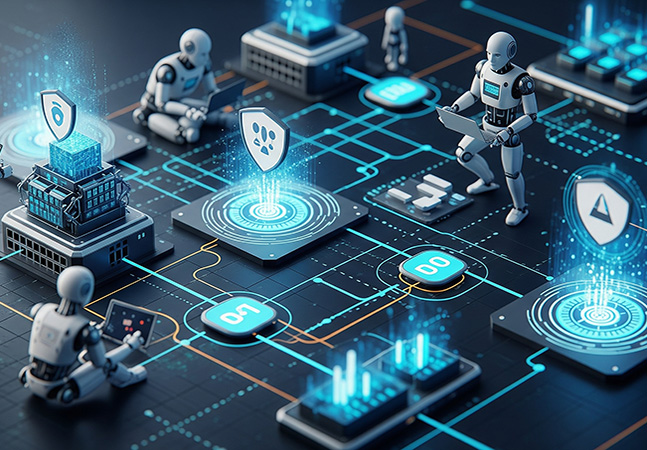
Cisco showcased its new AgenticOps paradigm at Cisco Live 2025, spotlighting AI Assistant, AI Canvas, and the Deep Network Model. These innovations aim to transform IT operations through AI-driven automation, collaboration, and deep network intelligence.

Studies from Rackspace and IBM explore why some enterprises are pulling ahead with advanced AI adoption while others are stuck. Key takeaways reveal how AI-first leaders achieve better profits, innovation, and competitive edge -- and what laggards must do to catch up.
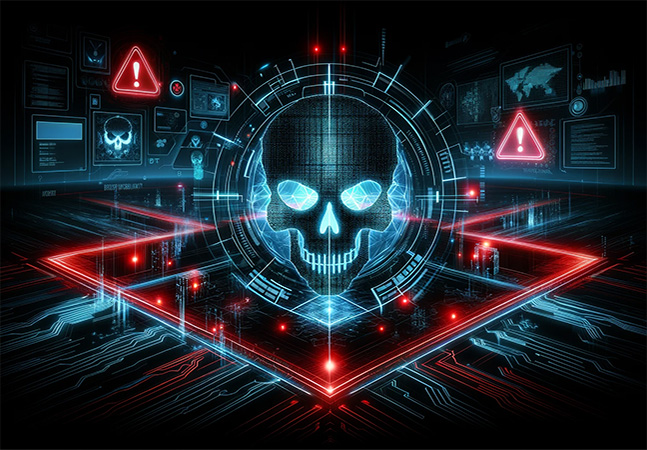
Ransomware attacks on AWS S3 are evolving fast -- and too many cloud teams still miss critical defenses. Here are three key tactics from expert Steven Smiley's recent talk, plus additional strategies to shore up your cloud resilience.
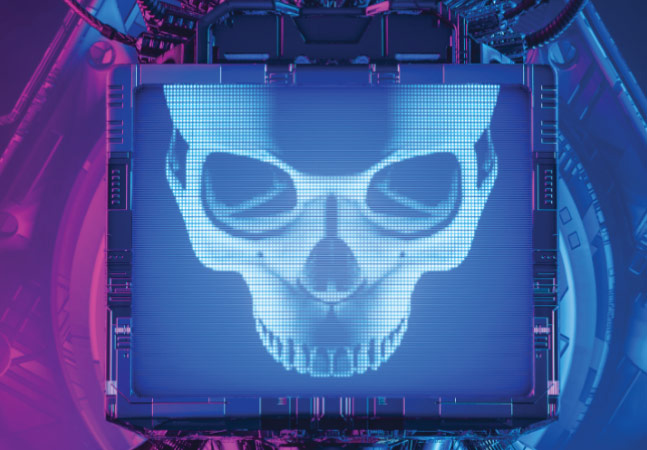
Company report shows progress in detecting and shutting down AI-powered scams, cyberattacks, and influence operations -- many targeting cloud-based platforms.

Renowned security architect John O'Neill, Sr. shared expert insights on building zero-trust frameworks for today’s hybrid, multicloud, and AI-powered IT environments.

Karen Lopez exposes why traditional disaster recovery strategies fall short in today’s cloud-first, threat-heavy world -- and what modern orgs must do instead.
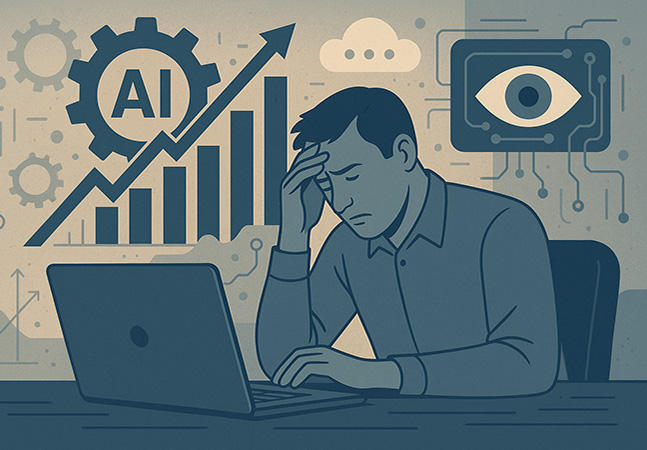
Your new AI assistant might help you work faster -- but don't expect to go home earlier. A recent academic study shows that as companies adopt AI tools, they're not just streamlining workflows -- they're piling on new demands. Researchers found that "AI technostress" is driving burnout and disrupting personal lives, even as organizations hail productivity gains.

Databricks edged out the "Big 3" cloud giants in the latest Gartner Magic Quadrant for Data Science and Machine Learning Platforms, which itself mirrors the industry shift to agentic AI, emphasizing autonomous agents that can use tools, data sources, and APIs to perform tasks with minimal human intervention.

Learn how to take control of unstructured data sprawl and reduce risk with Joey D’Antoni’s actionable five-step roadmap, explained in full as part of an educational summit today, available for on-demand replay.

Cloud costs creeping higher than expected? Security risks keeping you up at night? You're not alone -- and you're not without options. In a cloud strategy summit today, cloud security expert Steven Smiley offered practical guidance to help organizations get ahead of both challenges and bring discipline to their cloud environments.

One interesting highlight of a new hybrid work report is the continuing practice of "coffee badging," where employees clock in early just to swipe their ID badges before leaving the premises to work remotely.

Two GitHub developers directly compared models like Claude 3.5 and Gemini 2.5 Pro in Copilot's Ask, Edit, and Agent modes, demonstrating their strengths and weaknesses on real development challenges.

As organizations race to integrate AI agents into their cloud operations and business workflows, a new report from Cloudera highlights a crucial reality: while enthusiasm is high, major adoption barriers remain. Chief among them is the challenge of safeguarding sensitive data.
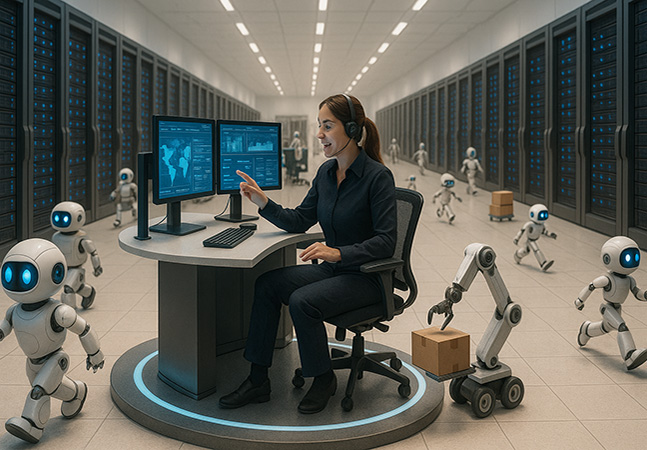
The new 2025 edition of the Work Trend Index Annual Report from Microsoft heralds a new AI-driven era where every worker, regardless of role or level, will manage AI agents.